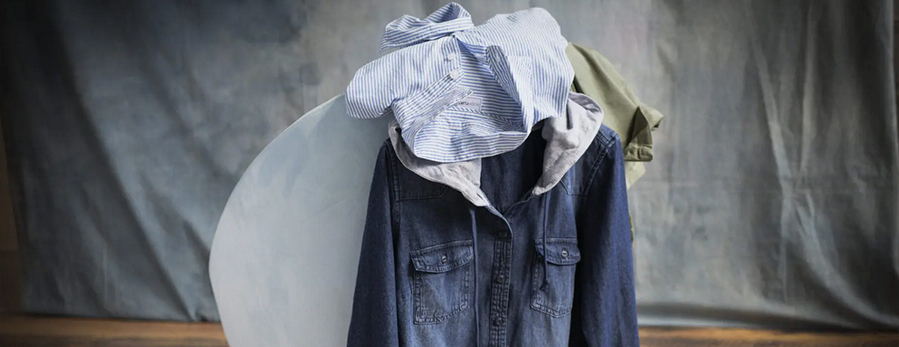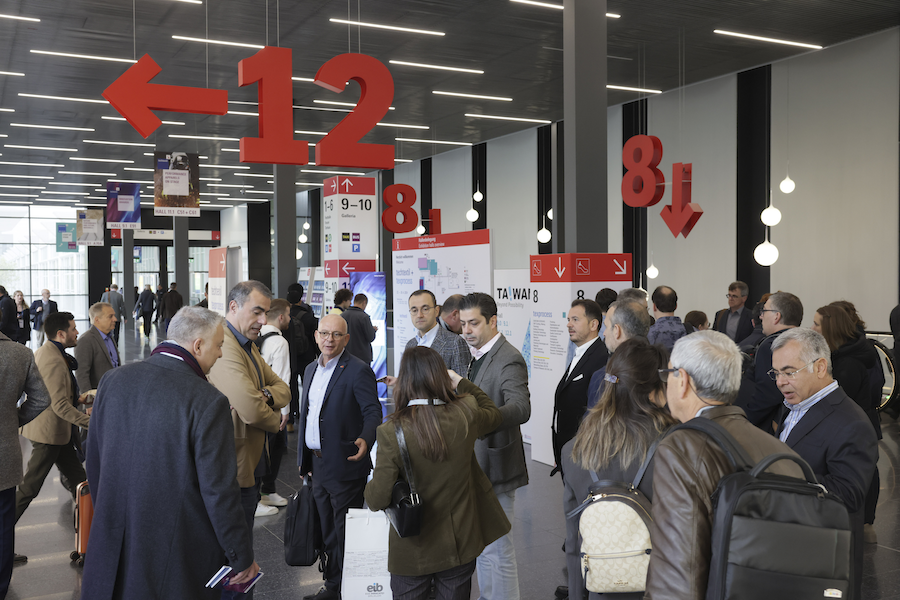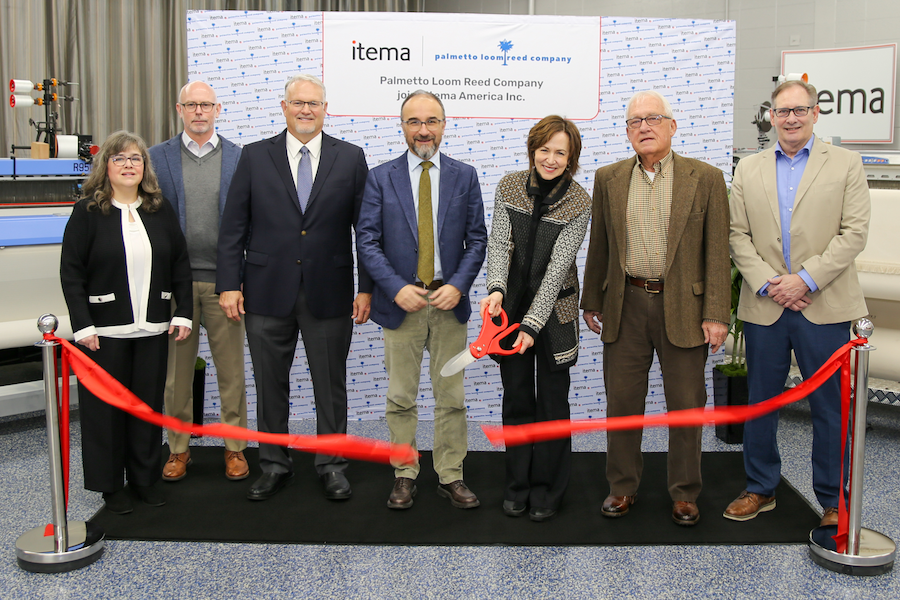#Raw Materials
Cotton made in Africa breaks supply and demand records

In addition, the number of licensed retail and brand partners has risen by around 30 percent in the past four years and now encompasses some of the world’s biggest retail and fashion chains, including Bestseller, Lidl, LPP, and the Otto Group. The production of CmiA-verified cotton also grew by ten percent, to 690,000 tonnes, meaning that 40 percent of all cotton produced in Africa is now verified by CmiA. Cotton made in Africa is active in eleven countries in Sub-Saharan Africa and supports around one million small-scale farmers.
In the space of one year, CmiA textile production doubled, to 600 million items, while CmiA cotton production in Africa rose by ten percent.
“This year’s record levels of supply and demand for Cotton made in Africa underline how widely accepted sustainable raw materials have become in international value chains,” says Tina Stridde, Managing Director of the Aid by Trade Foundation, which administers Cotton made in Africa. “Textile companies worldwide as well as cotton companies in all of Sub-Saharan Africa have joined our initiative as reliable and strong partners for small-scale farmers. Together, we have been able to ensure that CmiA and CmiA Organic cotton enjoy worldwide demand and are processed in over 50 textile production markets. By harnessing market forces, we are able to prepare small-scale farmers for the growing challenges of climate change and to build up their resilience through innovative and efficient farming methods.” CmiA works with small-scale farmers in Benin, Burkina Faso, Côte d’Ivoire, Cameroon, Chad and Nigeria as well as in Mozambique, Zambia, and Tanzania. With new partners in Togo and Ghana, the initiative’s network will expand to eleven Sub-Saharan partner countries as of 2022. CmiA has also significantly expanded its textile value chain in recent years. In 2021, the network of registered partners grew to encompass 240 spinning mills throughout the world, making it larger than ever.
“Cotton made in Africa is a strong and reliable partner in volatile and challenging times”
The three foremost purchasers of CmiA cotton are Lidl Group, Otto Group, and Ernsting’s family. Dr Alexander David, the head of the international purchasing division at Lidl Stiftung & Co. KG, says, “We are proud to be one of the major purchasers of CmiA. In keeping with our international CSR strategy, which prioritises fair trade and resource efficiency, we aim to procure the cotton for our textile product range more sustainably by the end of 2022. CmiA-verified cotton will play a key role in achieving the goal we have set for ourselves. By using CmiA-verified cotton, we support local farmers in Africa and promote environmentally friendly agriculture.”
Anna Rensing, the head of quality development and product sustainability at Ernsting’s family, adds, “Since 2010, CmiA has been at our side as a strong and reliable partner. It will continue to play a key role in reaching our ambitious goal of complete product certification for our natural-fibre products. This is also reflected in our cotton sourcing, with CmiA’s share rising by 487 percent between 2020 and 2021. In addition to its status as a long-time partner, we greatly appreciate that CmiA has proven so reliable and available in these volatile and challenging times.”
Cotton made in Africa follows a licensing model that requires all textile companies to pay licensing fees for CmiA-verified cotton to the initiative, which reinvests the proceeds in cotton-growing regions in Africa. Some of these funds go towards regular certifications that are conducted at the field and ginnery[1] levels by external auditors to monitor compliance with social, economic, and environmental sustainability criteria. External monitoring ensures that exclusion criteria – like prohibitions on irrigation, child labour, genetically modified seeds, and certain pesticides as defined in international conventions – are met and that progress is made on improvement criteria that target issues including soil fertility and gender equality. Licensing revenue also supports agricultural and business training for small-scale farmers. The Aid by Trade Foundation is increasingly investing in measures for adapting to climate change and for reducing the impact of cotton growing and ginning on the climate. In one example, a carbon-neutral approach to cultivating CmiA cotton is being promoted in co-operation with atmosfair; in another partnership project, around EUR 2.8 million are being invested in sustainable soil management.
https://cottonmadeinafrica.org/en/news/promoting-climateprotection-through-soilmanagement/
















